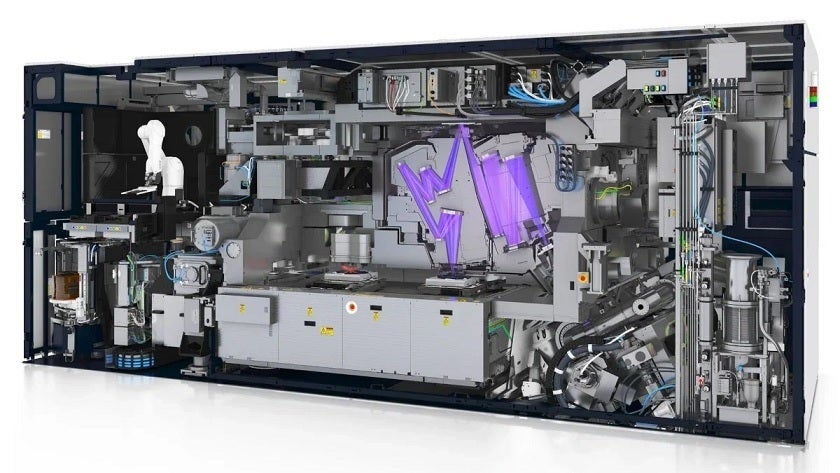U.S. announces new export controls against China's chip industry

The U.S. announced on Monday new export controls against the Chinese semiconductor industry. This is the third time over the last three years that the U.S. has cracked down some more against China's chip industry and today's new controls restrict exports to 140 companies. It's the Biden administration's last chance to strengthen efforts to keep Chinese companies from obtaining AI chips that could help China's military capabilities.
The U.S. first changed export rules on the Chinese chip industry in 2020 when it issued a ban against any foundry that uses American technology to manufacture chips. These foundries were not allowed to ship any advanced 5G chips to Huawei. After shipping the Mate 40 series with 5G support in 2020, Huawei could not ship another 5G-enabled flagship until last year when SMIC used its older Deep Ultraviolet (DUV) Lithography machines to create the 7nm Kirin 9000s for the Mate 60 line; this action enraged U.S. lawmakers.
Speaking of lithography machines, Dutch firm ASML is the only company that makes the EUV (Extreme Ultraviolet) Lithography machine and Hi-NA machine used to produce chips using a 5nm node and lower. ASML said today it doesn't expect the new export controls to impact its most recent financial estimates. The company already won't ship its technologically advanced lithography machines to China. The new restrictions will also impact ASML's shipments of some older Deep Ultraviolet (DUV) Lithography machines to some chipmakers in China.

ASML is blocked by the U.S. and the Dutch from shipping EUV Lithography machines to Chinese foundries. | Image credit-ASM.
While DUV Lithography machines aren't typically used to make chips using nodes under 7nm, China's largest foundry, SMIC, is believed to have used multiple exposures with a DUV Lithography machine to build the 6nm Kirin 9100 chipset that is reportedly used on the new Mate 70 Pro, Mate 70 Pro+, and the Mate 70 RS Ultimate Edition.
The new export controls include banning shipments of high bandwidth memory chips used for AI training, and new sanctions on 24 additional chipmaking tools and three software tools. The new export controls also block shipments of chipmaking equipment from Singapore and Malaysia to China. In addition, 140 companies will be added to the U.S. entity list; companies on this list, which already include Huawei and SMIC, are not allowed to purchase supplies from U.S. companies without a license from the Commerce Department.










Things that are NOT allowed: